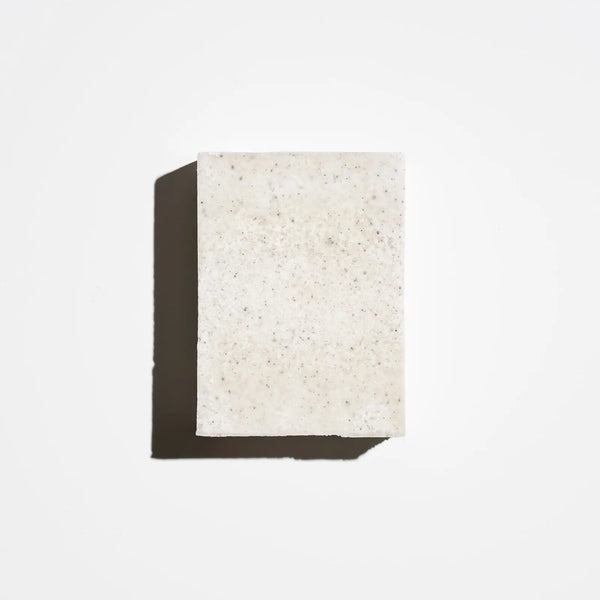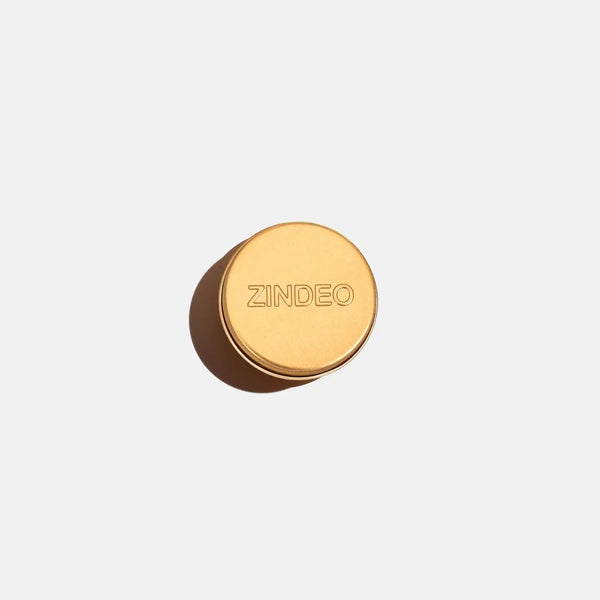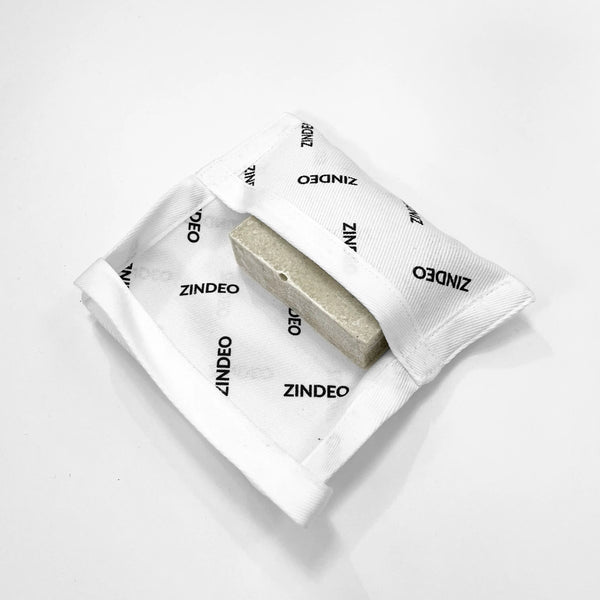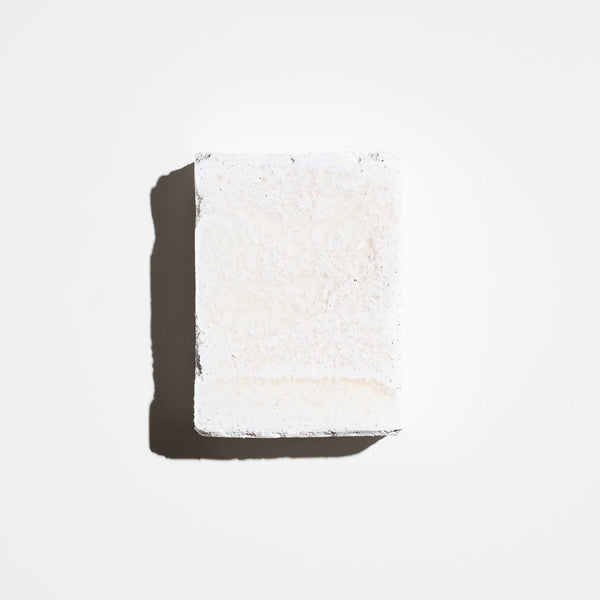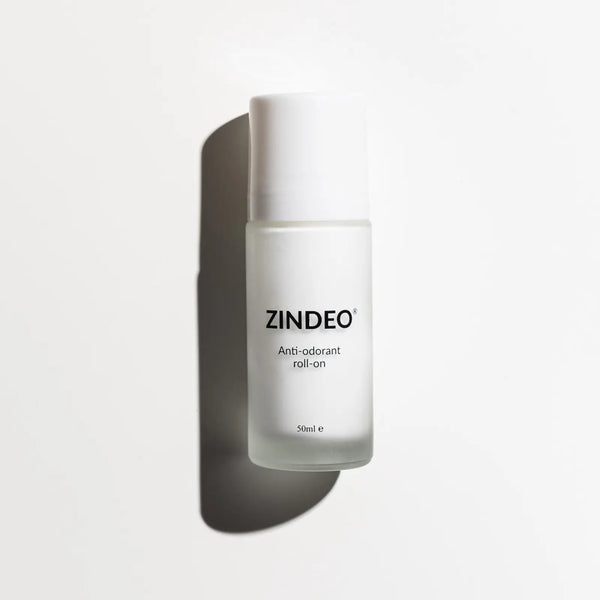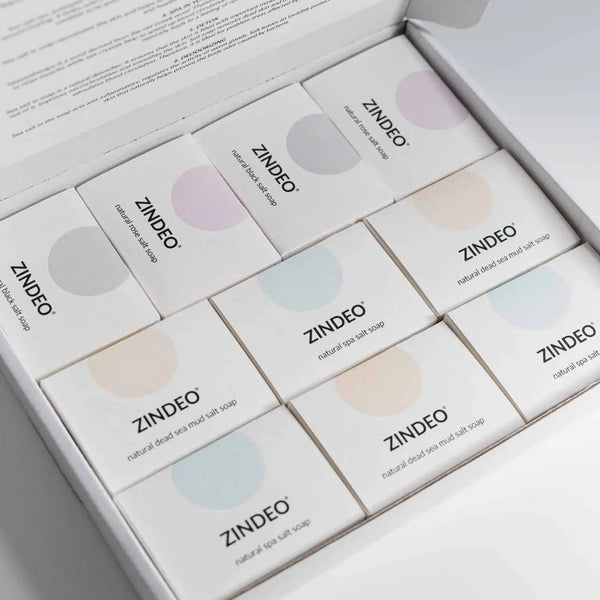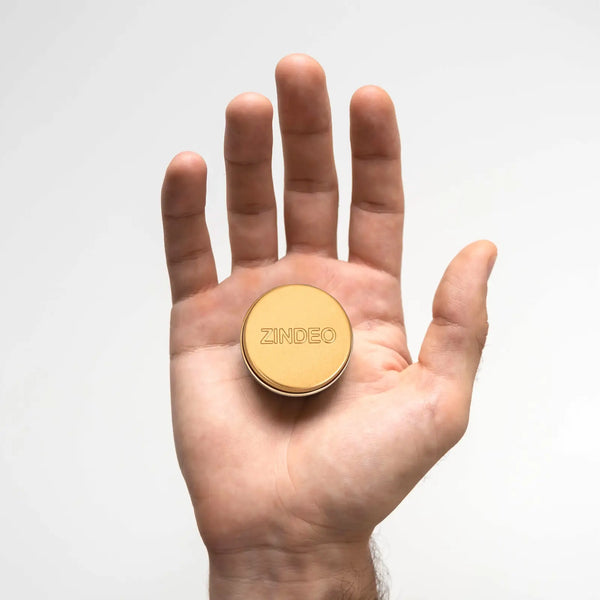1. Personal hygiene
Water, soap and your preferred deodorant are the basics. In the summer, showering more often may feel more comfortable.
If you use body-care products, choose those that suit your skin type. Heavy occlusive ingredients may feel too rich for some people and can contribute to a feeling of congestion on the skin.
A well-chosen natural deodorant helps reduce the smell of sweat by supporting freshness throughout the day.
2. During illness
When you’re unwell, your skin can be more sensitive than usual. Some people prefer to avoid antiperspirants during this time and opt for gentler products that feel more comfortable on the skin.
Sweat may smell different depending on lifestyle, stress, or overall well-being. These variations are natural and common.
3. After sports
After exercise, it’s helpful to allow your body a short rest of 10–15 minutes before showering. This gives your skin time to settle after increased activity.
If you shower immediately, you may continue to feel warm or sweaty for a short while afterward. Avoid very hot water, as it can remove natural surface lipids and leave the skin feeling dry.
A short shower with comfortably warm water is ideal. It also helps relax the body after physical effort.
4. Mental well-being
Sweat linked to emotions can sometimes have a stronger smell. It often appears in situations like exams, interviews or moments of stress — a completely natural reaction.
This type of sweating can be more noticeable because it occurs suddenly, not gradually like heat-related perspiration.
👉 Ready to make the switch? Discover ZINDEO and enjoy natural everyday freshness.

